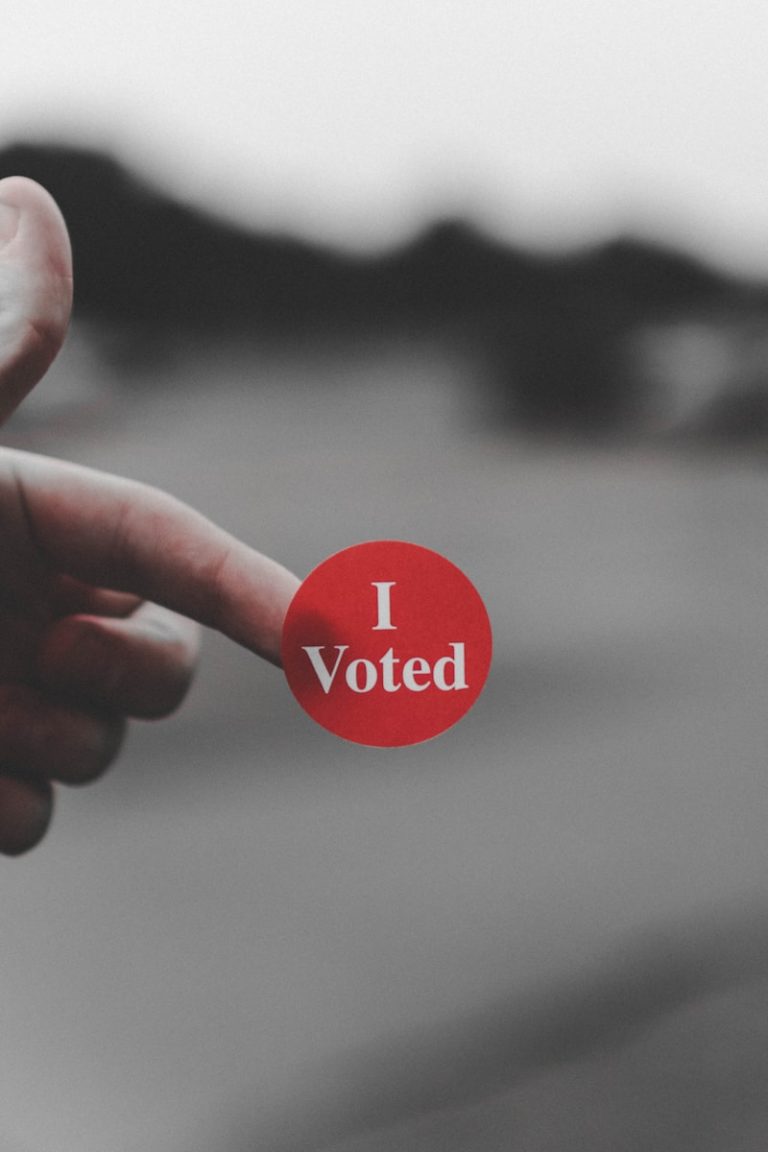Getting teens interested in politics can be a rewarding endeavor, providing them with the knowledge and enthusiasm to become informed and active citizens. However, capturing their attention and maintaining their interest can be challenging. These are some fun and engaging ways to spark teens’ interest in politics.
Interactive and Relatable Content
Teens are more likely to engage with politics if the content is presented in a way that resonates with them. Social media platforms like TikTok, Instagram, and YouTube are perfect for this. Influencers and activists who are close to their age can create content that explains political concepts and current events in a relatable manner. Short videos, memes, and infographics can simplify complex topics and make learning about politics entertaining.
Incorporate Technology and Gaming
Gamification is a powerful tool for engaging teens. Educational games and simulations that allow them to role-play as politicians, activists, or journalists can provide a hands-on understanding of political processes. Websites like iCivics offer interactive games that teach about government and civic duties in a fun, engaging way. Additionally, creating mock elections or debates in school settings can give teens a practical experience of the democratic process.
Encourage Participation in Youth Councils
Many local governments and organizations have youth councils or advisory boards. Encouraging teens to join these councils can give them a direct voice in their community and help them to understand the impact of political decisions. This involvement can also provide valuable leadership experience and a sense of responsibility and empowerment.
Host Political Events and Discussions
Schools and community centers can host events such as debates, town halls, and Q&A sessions with local politicians. These events provide teens with the opportunity to ask questions, express their opinions, and learn from real-life political figures. Schools can also create clubs focused on political discussion and activism, providing a safe space for teens to explore and debate political issues.
Integrate Politics into Pop Culture
Teens are heavily influenced by pop culture, so integrating political themes into popular media can be an effective strategy. Movies, TV shows, music, and books with political themes can spark interest and discussion. Teachers and parents can recommend shows like The West Wing or Parks and Recreation that make politics accessible and entertaining. Fashion is another way that teens can become interested in politics. There are dedicated stores like the Maga Store that stock political apparel in stylish designs that could help to spark an interest in your teen.
Hands-On Community Involvement
Volunteering for local campaigns, participating in community service projects, or attending local government meetings can give teens a practical understanding of political engagement. These activities demonstrate the real-world impact of politics and can inspire a sense of civic duty. Encouraging teens to volunteer for causes they’re passionate about can also show them how politics intersects with their interests.
Use Engaging Educational Resources
Incorporating documentaries, podcasts, and interactive websites into educational settings can make learning about politics more dynamic. Resources like Crash Course Government and Politics on YouTube provide concise and engaging overviews of political concepts and history. Podcasts such as Pod Save America or The Daily can keep teens informed about current events in an engaging format.
Promote Critical Thinking and Discussion
Encouraging teens to think critically about political issues and form their own opinions is crucial. Parents and educators can facilitate discussions on current events, encouraging teens to research, ask questions, and debate respectfully. This practice helps teens to develop a deeper understanding of political issues and the importance of diverse perspectives.
By using these fun and engaging strategies, we can inspire teens to become more interested and involved in politics. This not only benefits their personal growth but also contributes to a more informed and active future electorate.

0 Comments